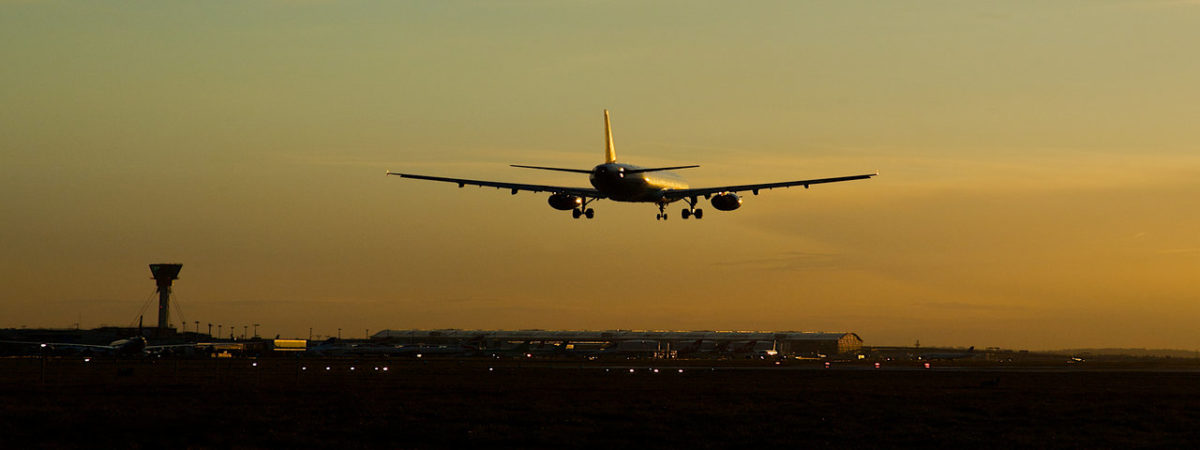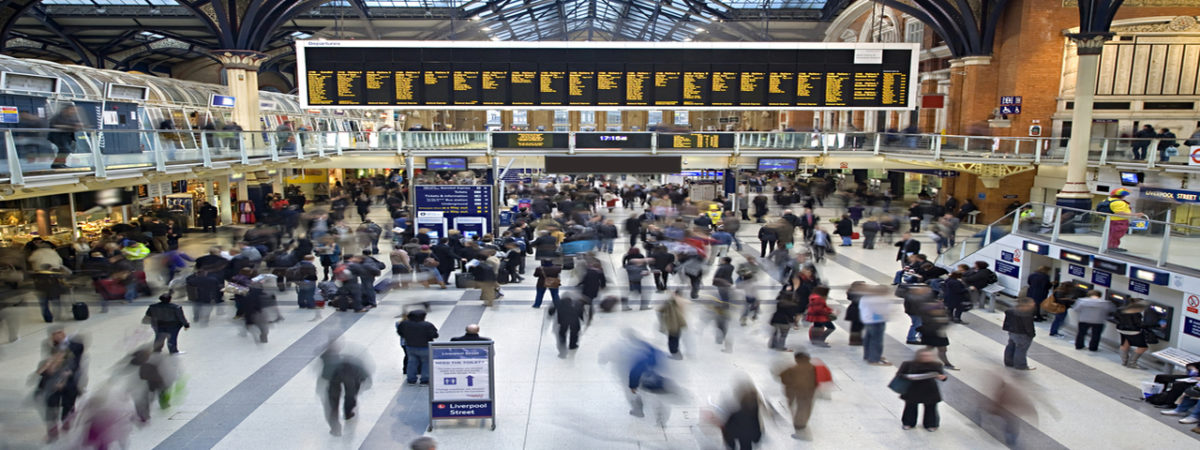Time to scrap Air Passenger Duty
SUGGESTED



It was only when rates were doubled again in 2007 that APD was suddenly recast as a green tax, presumably because by then, the label ‘green’ had acquired magical powers in the public mind. As soon as a tax or regulatory measure had the label ‘green’ attached to it, it was exempt from any scrutiny, let alone criticism. The rebranding of APD as a green tax sealed a tacit alliance between tax-hungry politicians, and critics of mass tourism, who deemed it inappropriate that they should share ‘their’ holiday destinations with low-budget travellers (see here, pp. 36-42).
This is nothing unusual. Policy rationales are often made up after the event, and then projected backwards in time. Once it has been decided that a policy is about X, it is presented as if it had always been about X, even if X was never mentioned when the policy was initially designed. This is how the euro has retrospectively become a ‘peace project’, how the green belt has retrospectively become a tool to protect wildlife and beautiful landscapes, and how renewable energy has retrospectively become a job creation engine. But post-hoc rationale-substitution works better for some policies than others, and it has never worked particularly well for APD.
If APD was an environmental tax, why would it be levied on a per-passenger basis? Surely the logical thing would be to levy it on emissions, or failing that, on the input that is most closely correlated with emissions: fuel. At any given cost to the taxpayer, this would be a much smarter way of reducing emissions:
- Suppose an airline finds it marginally more profitable to replace its airplanes every n years, rather than every n-1 years, with newer planes that are more fuel-efficient. A fuel tax would tip the balance, leading, on average, to a less carbon-intensive fleet. APD does no such thing.
- Suppose that on a particular route, an airline finds it marginally more profitable to run five flights a day, with an average occupancy rate of 80%, than four flights a day, each 100% occupied. Again, a fuel tax would tip the balance, while APD does not.
- Suppose a number of passengers have a very mild preference for Turkey over Spain as a holiday destination. A fuel tax would tip the balance in Spain’s favour, leading to shorter flights. APD does no such thing, unless destinations fall into different bands.
In short, APD provides no incentives to reduce the carbon intensity of aviation, which is surely what any half-way sensible environmental tax would seek to do. It only reduces emissions insofar as it reduces overall demand for air travel, that is, in a very crude way.
But if APD has always been useless as an environmental tax, the recently announced changes – devolution of rates to Scotland, exemption for under sixteen-year-olds – are turning the environmental justification into a complete farce. How exactly does the environmental impact of a plane taking off in Scotland differ from that of a plane taking off in England? How exactly does the environmental impact of transporting a 16-year-old differ from that of transporting a 15-year-old?
Fortunately, there is a way of dealing with the environmental externalities of air travel that works more or less like a fuel tax, if not better, and conveniently, it is already in place: the European Emissions Trading Scheme (ETS). It already covers flights within European airspace, and its coverage is set to expand. The government should seek to build on the ETS, and address the environmental cost of aviation through the ETS alone. Even if APD was not as hopelessly flawed as it is, we would not need two separate tools to deal with one and the same problem, so one of them should go. With the recent announcements, the credibility of the post-hoc justification for APD has gone out of the window. APD should go with it.
7 thoughts on “Time to scrap Air Passenger Duty”
Comments are closed.





There is a limited number of landing slots at Heathrow and Gatwick.
When that happens, and supply of something becomes inelastic, those slots gain a value. Shortages push up prices. i.e not based on costs.
All APD does is take a fraction of the difference between the cost price and the shortage(monopoly) price. It doesn’t change the ticket selling price at all. The tax falls squarely on the unearned profit part of the ticket price.
Which is why, if you reduce APD, ticket prices will not fall, but airline profits will rise.
Of course, it would be even better if auctioned off those slots, but APD is better than nothing.
@Benji, is your logic that the APD is justified purely because it reduces airline profits?
Benji, you probably mean airport profits, not airline profits.
Anyway, a problem easily solved: Allow airports to expand http://www.iea.org.uk/publications/research/de-politicising-airport-expansion
If the environmental line doesn’t work they will just say they need it for the NHS
@Henry
Those aren’t earned profits. They are entirely due to State granted privileges. Which they should pay for.Just like when mobile phone operators bid for bandwidth allocation. Or when oil companies pay royalties/petroleum tax to access our deposits in the North Sea. APD, therefore carries much fewer deadweight losses than taxes on income/capital. Auctions would have zero. In fact they may even help with efficiency.
@ Kris.
Those slots, worth billions of pounds, are owned by the airlines. So,AFAIK its their profits that APD effects., but you may know better.
Yes, expansion is what is needed. But, at certain times of day, landing slots are always going to gain a value, no matter how many extra runways we build(within reason).
So, we should always auction them off, or second best option, some sort of tax.
@Benji, I am recommending something like that in the paper (pp. 58-60)